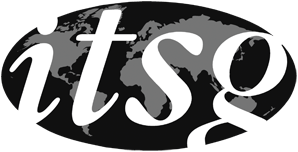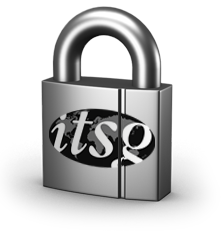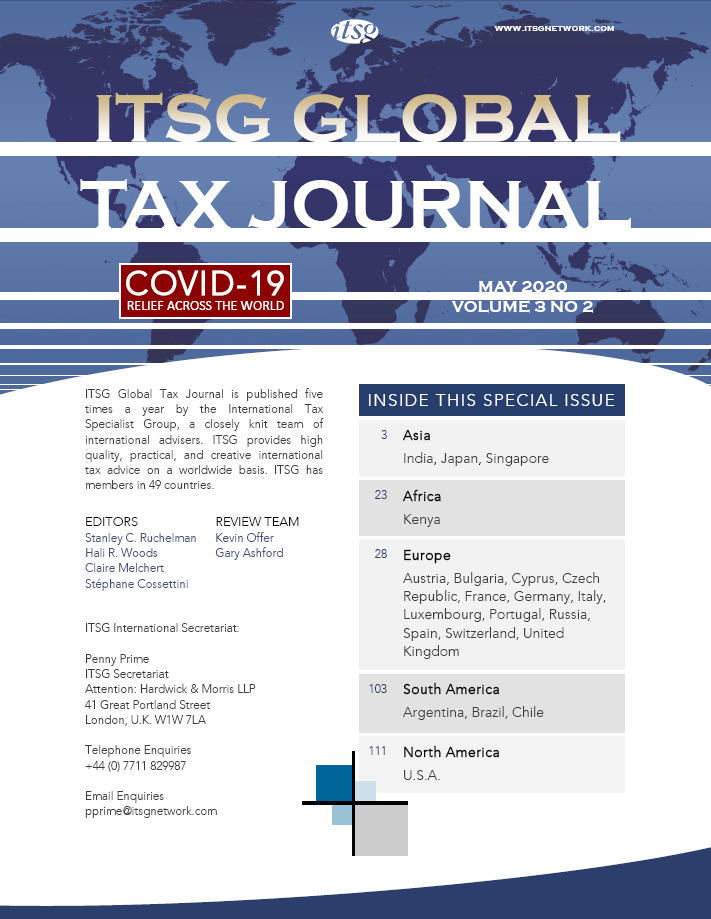As in many other countries, the Luxembourg government announced a number of measures to stabilize the economy as a result of the COVID-19 Pandemic (the ‘Crisis’). These have been announced within the legal framework of a State of Emergency (État de Crise) which was officially declared on 18 March 2020 and which has been formally extended by Parliament for the maximum 3-month period permitted by the Constitution on a renewable basis.
This article reports on the main measures announced within this legal framework. All measures are subject to almost constant change, as details emerge of the effects of the Crisis constantly emerge and the need for further measures expands. These measures and further information can be found, in French, German and English, through the following Ministry of The Economy website1.
Some of the announced initiatives have not been formalized within the State of Emergency regulatory framework. Consequently, uncertainty exists as to their full effect. This may play out in the context of the way relief measures are applied in practice by the civil service. Additionally, within the Civil Law system that applies in Luxembourg (as compared to the Anglo Saxon/Common Law), the distinction between a “commercial” business and a “profession” exists for legal purposes. As a result, differences in opinion exist concerning whether relief measures announced for business can benefit lawyers and other self-employed individuals, and if so, the extent of the benefits.
Direct Tax Measures
Provided that they are experiencing liquidity problems as a result of the crisis, legal entities and individuals engaged in commercial endeavors, an agricultural and forestry profit, or a profit resulting from the exercise of a liberal profession may apply for:
- A cancellation of quarterly advances of (i) income tax or corporate income tax and (ii) municipal business tax for the first and second quarters of 2020 and
- Deferral of payment of (i) income tax or corporate income tax, (ii) municipal business tax, and net wealth tax.
Requests for cancellation of advances and payment deadlines must be made online and are automatically accepted by the administration for eligible taxpayers. In addition, the deadline for submitting tax returns by legal entities and individuals has been deferred to 30 June 2020. No requests regarding quarterly advance tax payments or tax payments that were due before 29 February 2020 should be made.
Indirect Tax Measures
As a result of the crisis, the Luxembourg Indirect Tax Administration (Administration de l'Enregistrement, des Domaines et de la TVA – A.E.D.) announced that administrative penalties for late filing of V.A.T. returns are waived. This measure applies until otherwise indicated by the A.E.D.
With regard to indirect taxes, the A.E.D. is immediately reimbursing all V.A.T. credit balances below €10,000 arising after 16 March 2020.
Social Security Contribution Measures
With effect from 1 April 2020 and until further notice, the Social Security Administration (Centre Commun de la Sécurité Sociale or C.C.S.S.), is putting in place the following temporary measures companies and independent businesses:
- Suspension of late payment interest calculations on late payments.
- Suspension of the initiation of legal proceedings for forced repayment of contributions.
- Suspension of collection procedures involving bailiffs.
- Suspension of fines for delays in filing declarations.
While all social security contributions remain due, these measures provide some degree of liquidity by deferring the date of payment and eliminating penalties. The measures apply to current and future contributions and to currently outstanding balances. However, businesses should anticipate eventual additions for interest payments and fines that appear in the statement of account of the C.C.S.S. dated 14 March 2020.
Completing these measures, the C.C.S.S. will accelerate the time it reimburses employers for salary continuation payments to employees entitled to extraordinary leave for family reasons (congé pour raisons familiales extraordinaire - COVID-19) arising from the temporary closure of primary and secondary educational facilities, professional training, and care centers. Ordinarily, reimbursement would be made in the month of May 2020 by the Employers' Mutual Insurance Scheme (Mutualité des Employeurs). Now, payment will have been targeted to be made in mid-April 2020.
Short Time Work
The short-time working scheme is intended to protect jobs in companies encountering structural difficulties, cyclical economic problems or economic difficulties following the loss of one or more of their main customers. Businesses who resort to short-time working commit forego dismissal of employees for economic reasons.
Faced with the magnitude of the coronavirus crisis and its tangible repercussions on the lives of businesses and their employees, the Luxembourg government has decided to set up a "force majeure/coronavirus" short-time working scheme with an accelerated procedure for all businesses that have had to completely or partially cease their activities.
The short-time working scheme applicable to the existence of force majeure applies in principle to businesses in all economic sectors encountering a downturn in business that is directly linked to the COVID-19 virus. To illustrate a supplier of raw materials to the business is unable to supply the required volume of raw materials due to a shelter in place order. Another illustration is a significant drop in customer demand also because a shelter in place order. Each would be considered to be a force majeure/coronavirus.
To apply for short-time work in the event of force majeure, the business must:
- Be established in Luxembourg.
- Hold, where applicable, a business permit granted by the competent authority.
- Be impacted by the economic or legal consequences of an external event which makes it impossible for the business to continue its normal economic activity. The event must not have been caused by the business.
- Undertake to not dismiss any employee for economic reasons.
The short-time working relief in case of force majeure is granted for a maximum of 1,022 hours per year for each full-time working employee. For persons working on a part-time basis, the limit of 1,022 hours are pro-rated.
If an application is approved, the Employment Fund (Fonds pour l'Emploi) pays 80% of normal salaries, capped at 250% of the Minimum Social Wage (Salaire Social Minimum). Currently, the amount is €5,354.98 per month for an unskilled employee aged 18 years.
EUR 5,000 Direct Aid for Small Businesses
In the context of the crisis, the General Directorate for Small and Medium-Sized Enterprises (Direction Générale des Classes Moyennes) of the Ministry of the Economy has set up an emergency fund for very small companies and self-employed persons. Businesses with nine employees or less, and self-employed persons who have a valid business permit (which excludes most ‘professionals’ who are regulated) and have had to stop their activity due to a government decision in the context of the crisis can apply for immediate and non-refundable grant in the amount of €5,000. The grant is independent of other all other relief that may be granted.
Guarantee Facility for New Bank Loans
A State guarantee scheme for new bank loans is available to help businesses under certain conditions. A guaranteed 85% new credit lines will be issued by the State and 15% by the participating banks for loans granted during the period from 18 March 2020 to 31 December 2020.
This scheme is intended as a subsidiary tool, after having resort, where possible, to the tools of the Société Nationale de Crédit et d'Investissement (S.N.C.I.), the Office du Ducroire or the European Investment Bank. These new credits are reserved for businesses that were viable before 18 March 2020 (State of Emergency). The assessment of whether a business was viable or not is the sole responsibility of the bank which provides the credit.
New Aid Scheme
On 3 April 2020, an aid package to support those companies and self-employed people that find themselves experiencing temporary financial difficulties resulting from an exceptional, unforeseeable event on a national or international scale (such as the crisis) was enacted.
In order to benefit from the package, the following conditions must be met:
- The event must be recognized as having a detrimental effect on the economic activity of certain businesses over a specific period of time.
- The business must be experiencing temporary financial difficulties.
- The business must have engaged in its activity before the unforeseeable event.
- There must be a causal link between the difficulties and the event.
It is intended that a pandemic such as the coronavirus falls within the definition of an exceptional unforeseeable event.
Businesses and self-employed individuals can be reimbursed for business and personal costs and rent (capped at €10,000 per month per single undertaking (group)) during the period of crisis. Revenues of a professional activity pursued as a self-employed person are also eligible. The aid can cover up to 50% of the eligible costs and the maximum amount is capped at €500,000 per company.
The aid will take the form of a recoverable advance of funds. The repayment of the aid begins no earlier than 12 months after the first payment financial aid. The repayment schedule is negotiable and will take into account of the financial profitability. Interest is factored into the repayment schedule that is agreed to by the State.
The aid package is a standalone benefit and cannot cover other forms of aid that take into account the same costs. The application must be submitted to the Ministry of the Economy not later than 15 August 2020.
1 https://meco.gouvernement.lu/en/dossiers/2020/coronoavirus-entreprises.html

 Login
Login




















































